Set in 1930s Paris and produced by Martin Scorsese, Hugo is a movie where we follow the story of Hugo Cabret, an orphan who lives within the walls of a railway station. Even though it was released in 2011, that doesn’t change the fact that the movie is an extraordinary piece of cinema that pays homage to French filmmaker, Georges Méliès, by highlighting the impact of his contributions to the movie industry.
Before he passed away in a fire at a museum, Hugo’s father was a clockmaker who worked at a museum and had found a broken automaton in the attic of that museum. The two attempt to fix the automaton, documenting their work with illustrations inside a notebook. After his father’s death, Hugo lives with his Uncle, Claude, taking his automaton with him. They live within the walls of a train station, maintaining the station’s clocks. Claude goes missing, leaving Hugo to maintain the clocks while keeping a low profile, in hopes he won’t be sent to an orphanage by the station inspector.
To fix his automaton Hugo steals mechanical parts from a toy shop. One day, the shop’s owner, Georges catches him in the act and confiscates his notebook. He implores to have it back but is ultimately unsuccessful in the retrieval of his notebook. Later, Georges’s goddaughter, Isabelle, talks with Hugo and suggests he should confront Georges for the notebook, and to be “steadfast”. When confronted, George agrees to return the notebook only after Hugo works in his shop long enough to compensate him for the stolen parts.
Hugo and Georges’s goddaughter grow closer, and Hugo notices that Isabelle wears a heart-shaped key, which conveniently enough is what Hugo’s automaton needs to start working again. When the key is imputed, the automaton starts to draw, illustrating a rocket flying into the eye of the moon, with the name and signature of Georges Méliès, Isabelle’s godfather. The picture is a scene from a movie Hugo’s father watched, but the two are suspicious about the name. This moment catalyzes the duo into a deep rabbit hole uncovering the once-forgotten history of Georges Méliès.
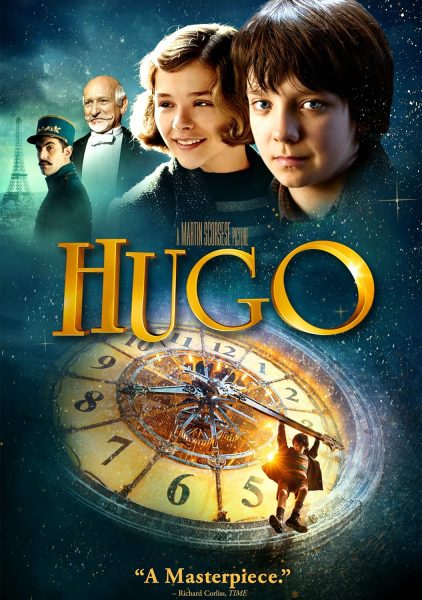
The characters greatly convey strong emotions throughout the movie, proving very easy to build emotional connections with them. Howard Shore, the music composer for this movie, perfectly encapsulates these emotions, immersing the viewer by dramatizing emotions.
Additionally, each of these characters has a personal story. It’s nice to follow each one individually, for instance, the station inspector Gustave Dasté. He was an orphan from a young age, was injured in the great war, and consequently uses a leg brace. More importantly, he has a crush on Mademoiselle Lisette, an owner of a flower shop. At first, Gustave has difficulty mustering up the confidence to approach her, but at the end of the movie, the two dance together at a party.
The storytelling of the movie was phenomenal. The uncovering of a once-forgotten historical figure in the movie is almost like a puzzle, and the audience is excited to figure out what the next piece of the puzzle would be. As the movie comes to a stop, the viewer can rest assured knowing that they’re left with no questions- the mystery of the automaton has been solved. The characters are filled with humanity, the scenery is gorgeous, and the music pairs with the movie beautifully. The puzzle had been completed, and the final product was beautiful.


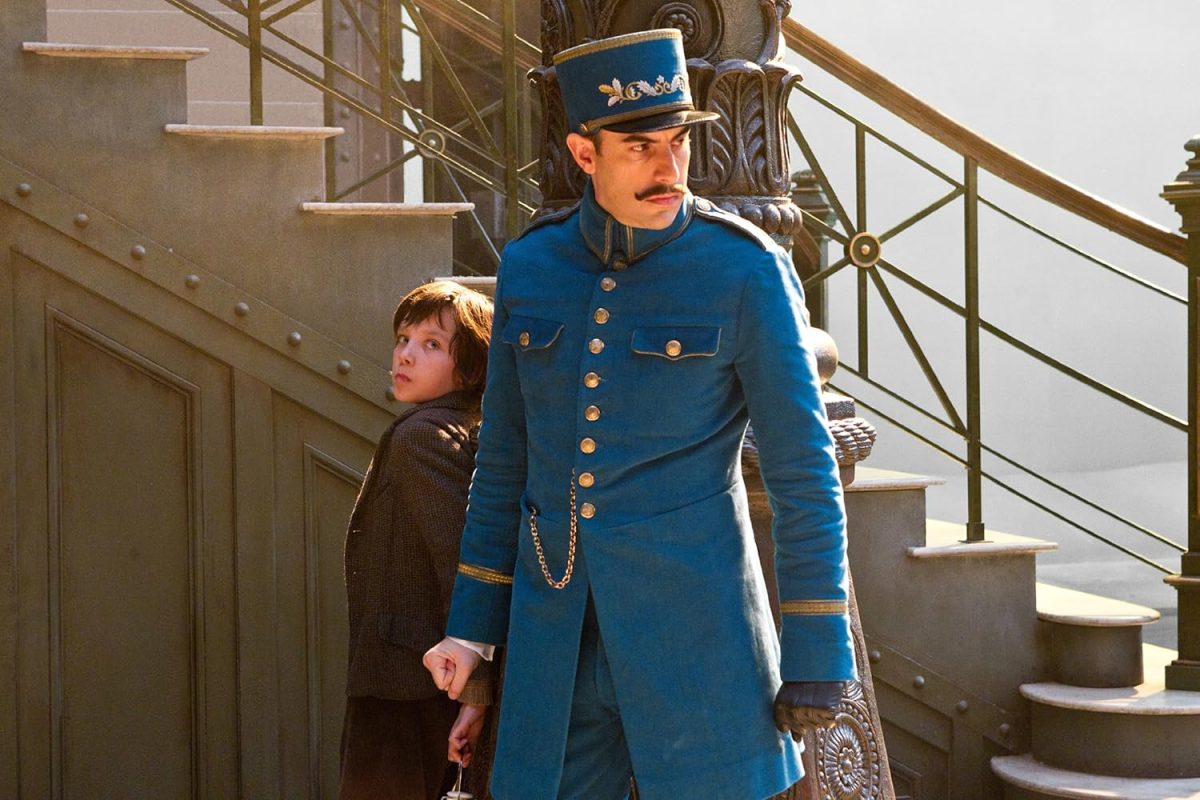

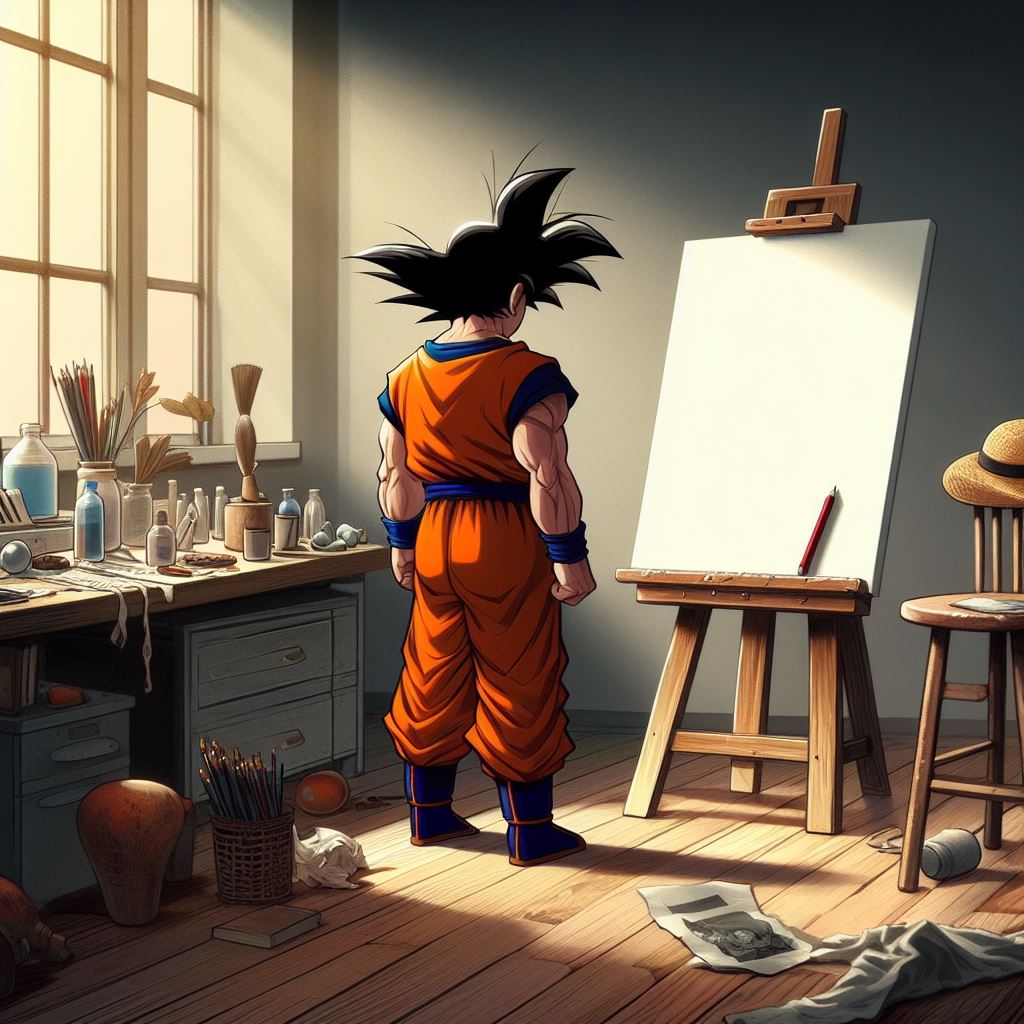
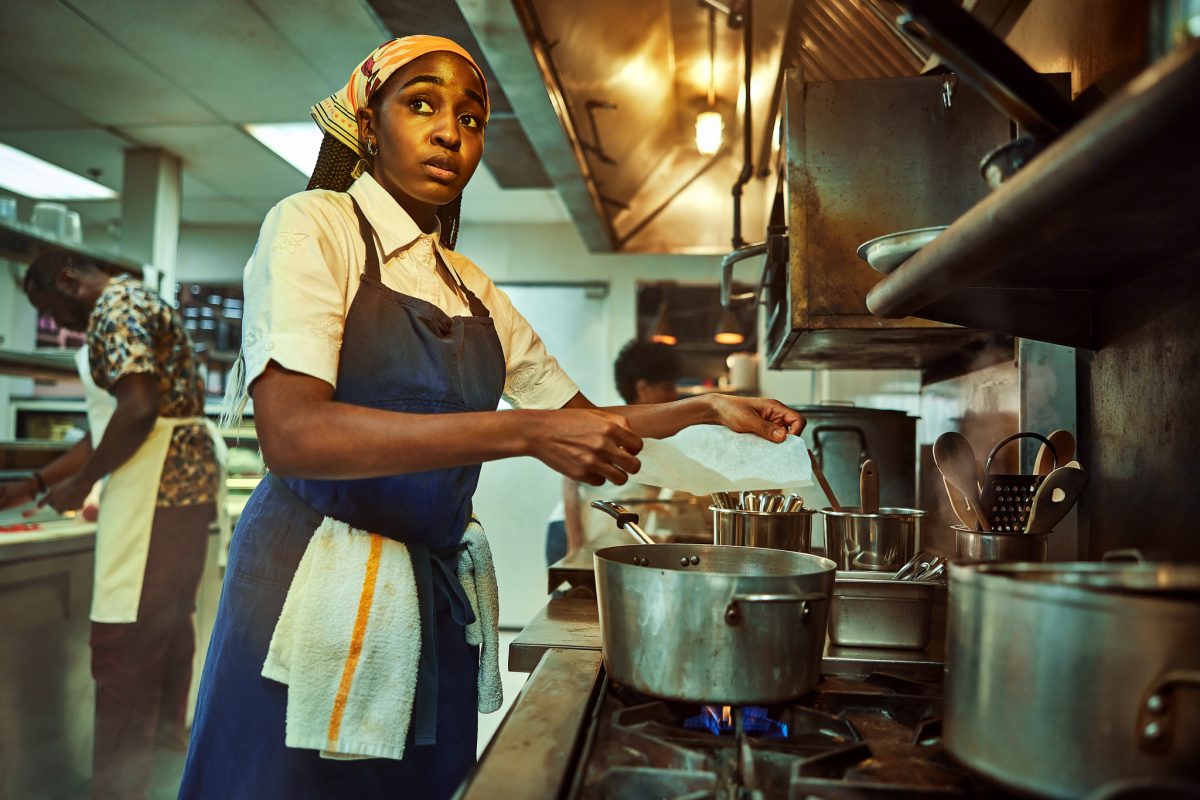


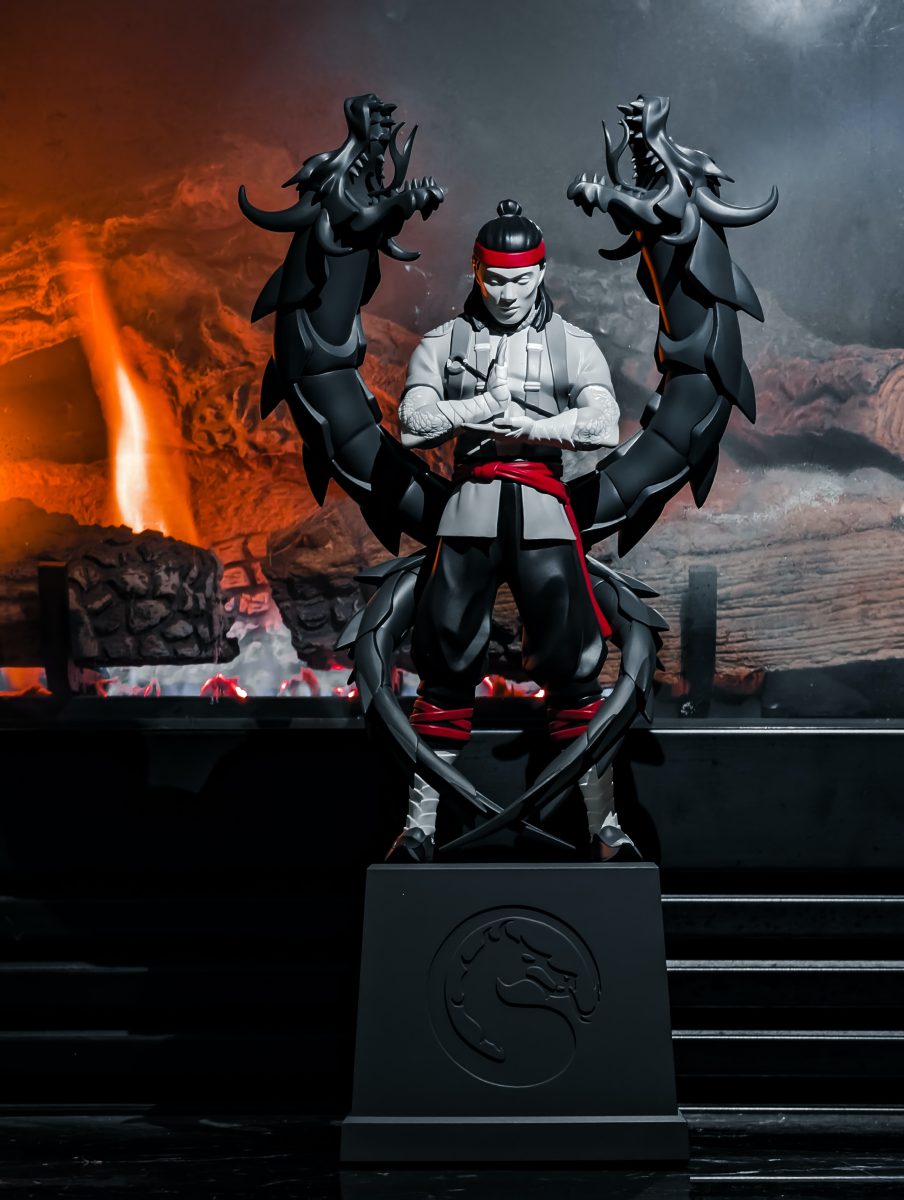


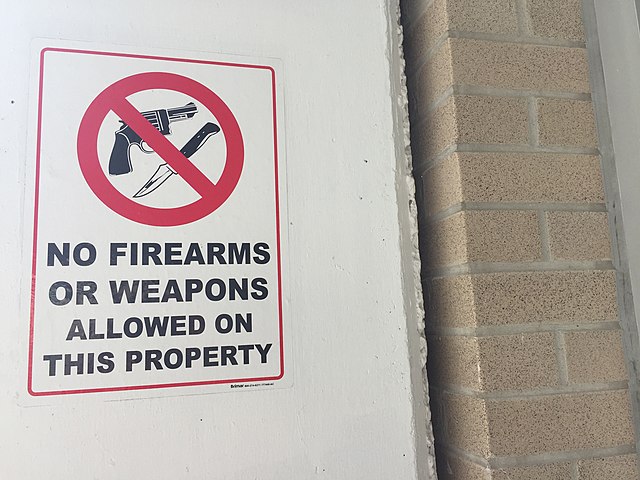
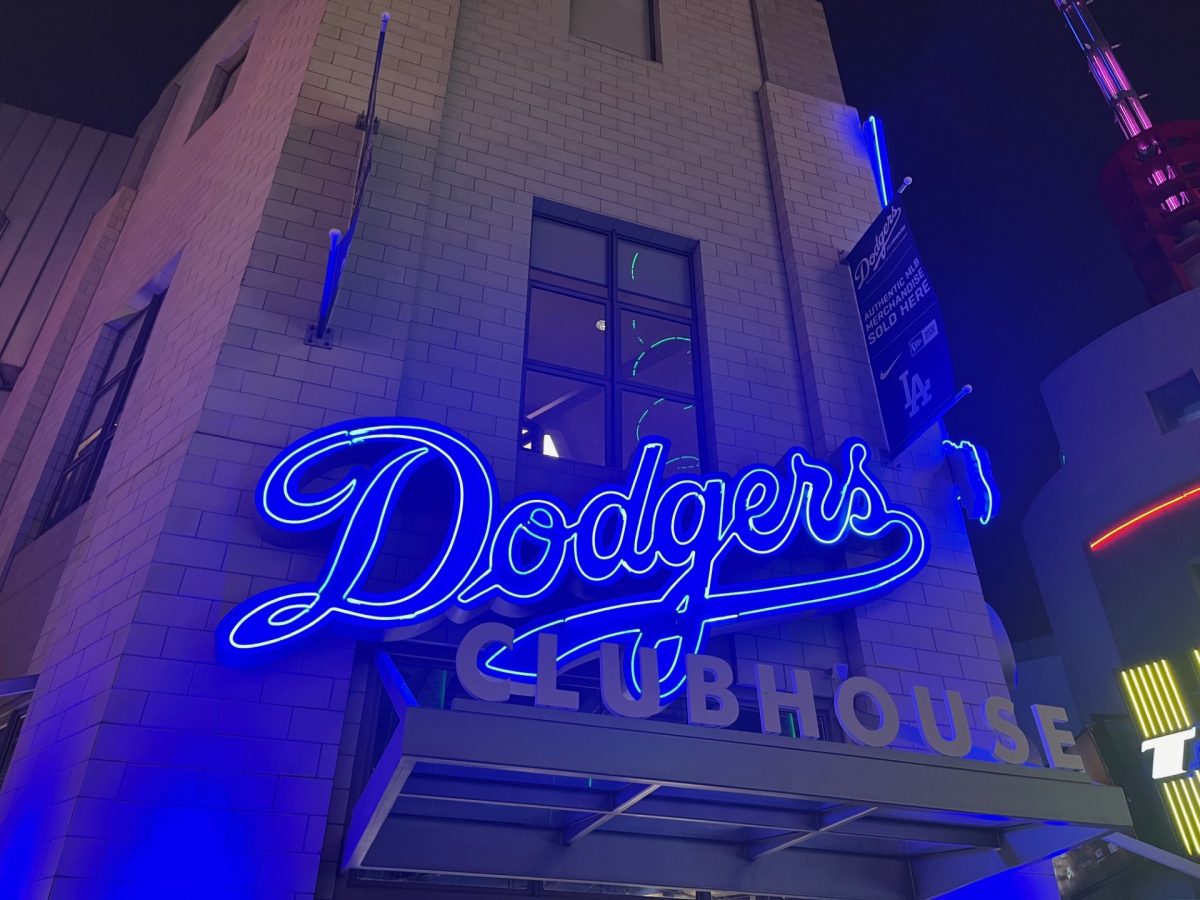

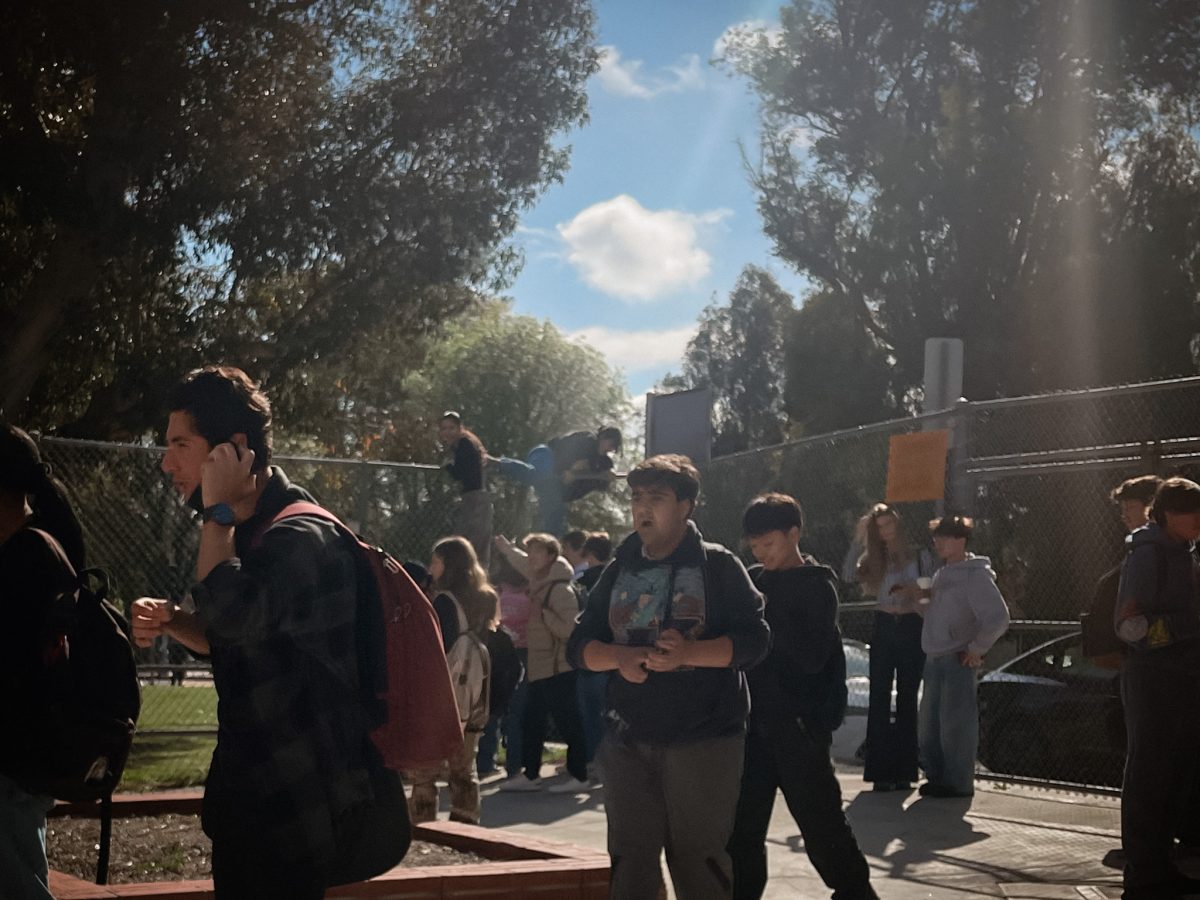
Peggy Gray • Apr 11, 2024 at 11:56 pm
Hugo has always been in my top 5 faves!
John Kornhauser • Apr 11, 2024 at 5:50 pm
Yes, a wonderful cinema experience for everyone and the production detail is great.I have watched it several times and found new things to appreciate each time.